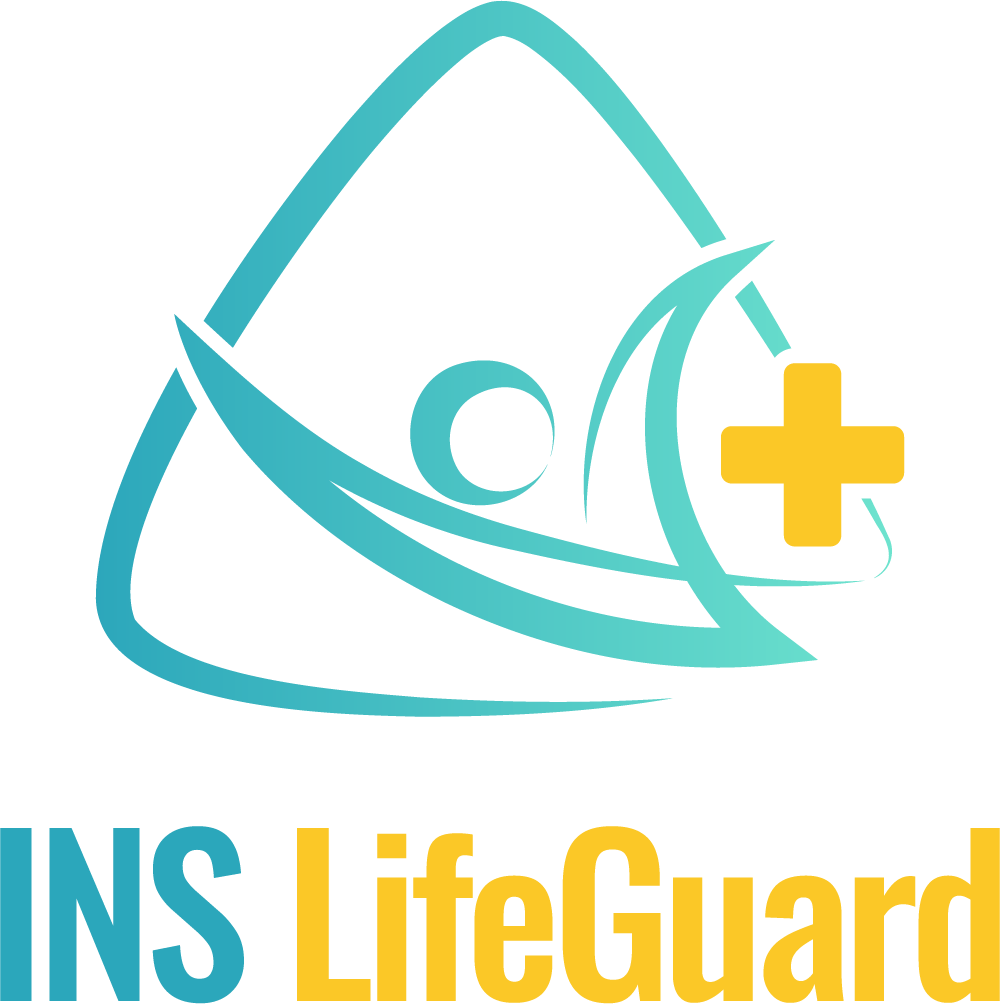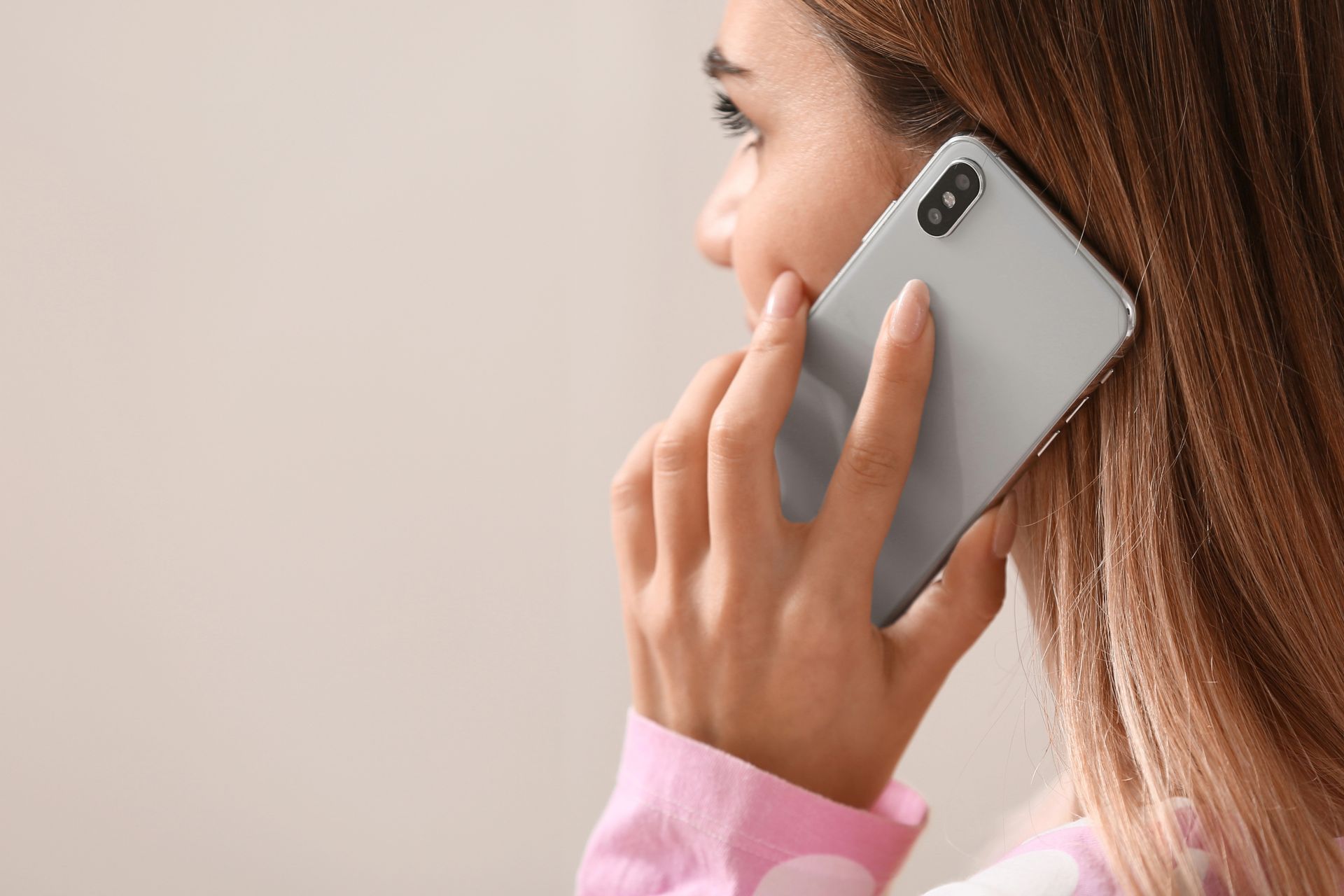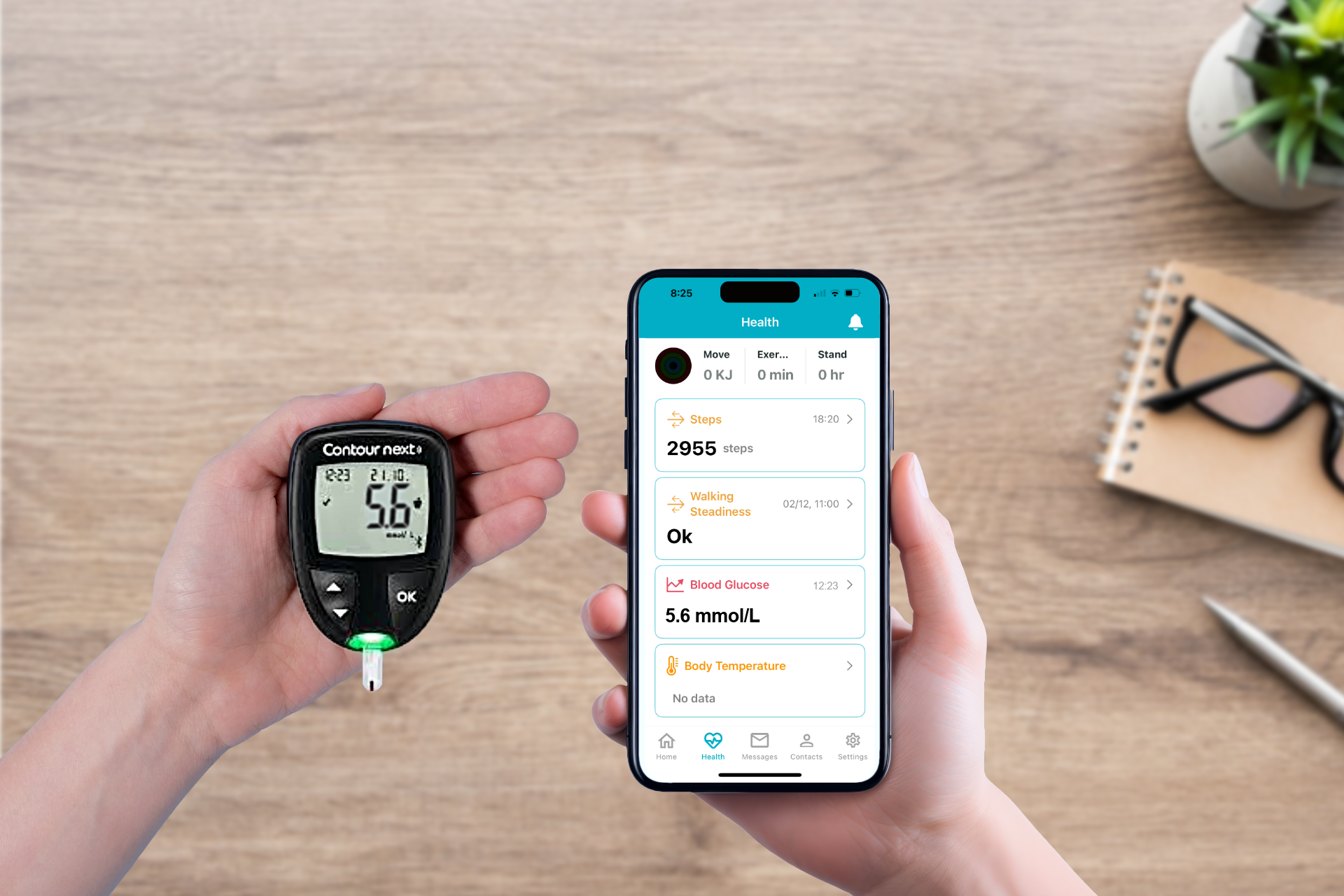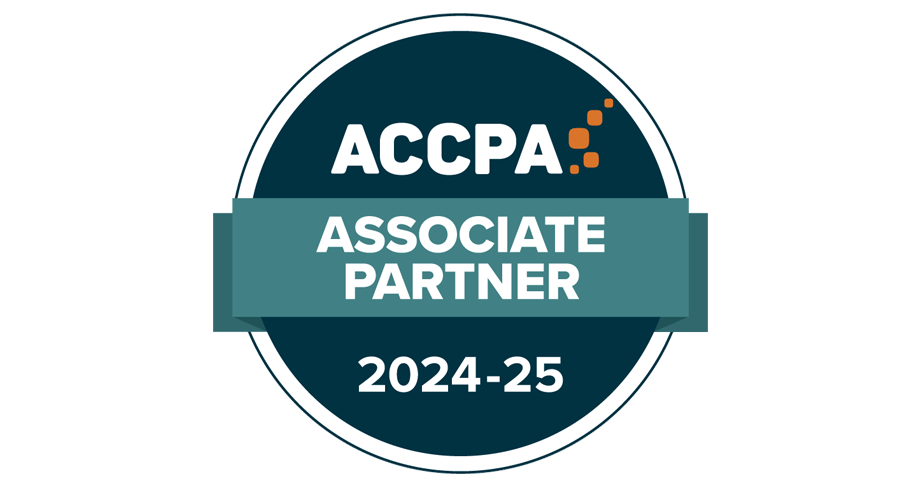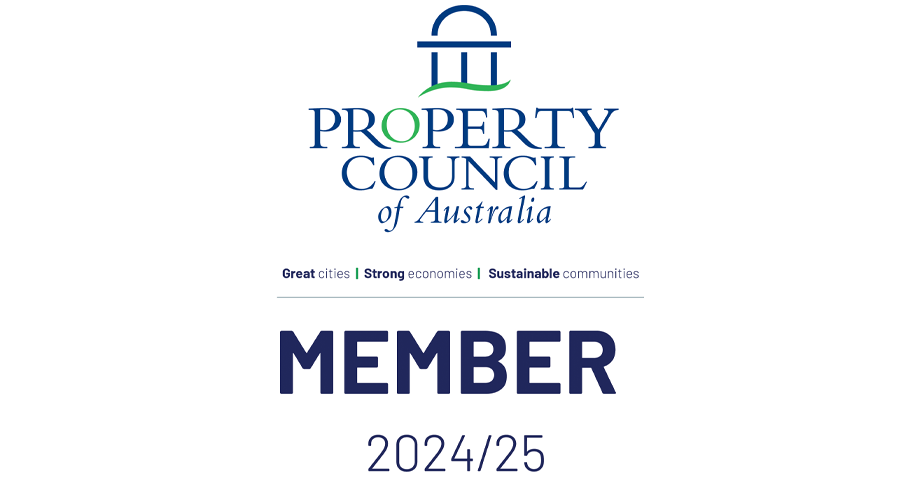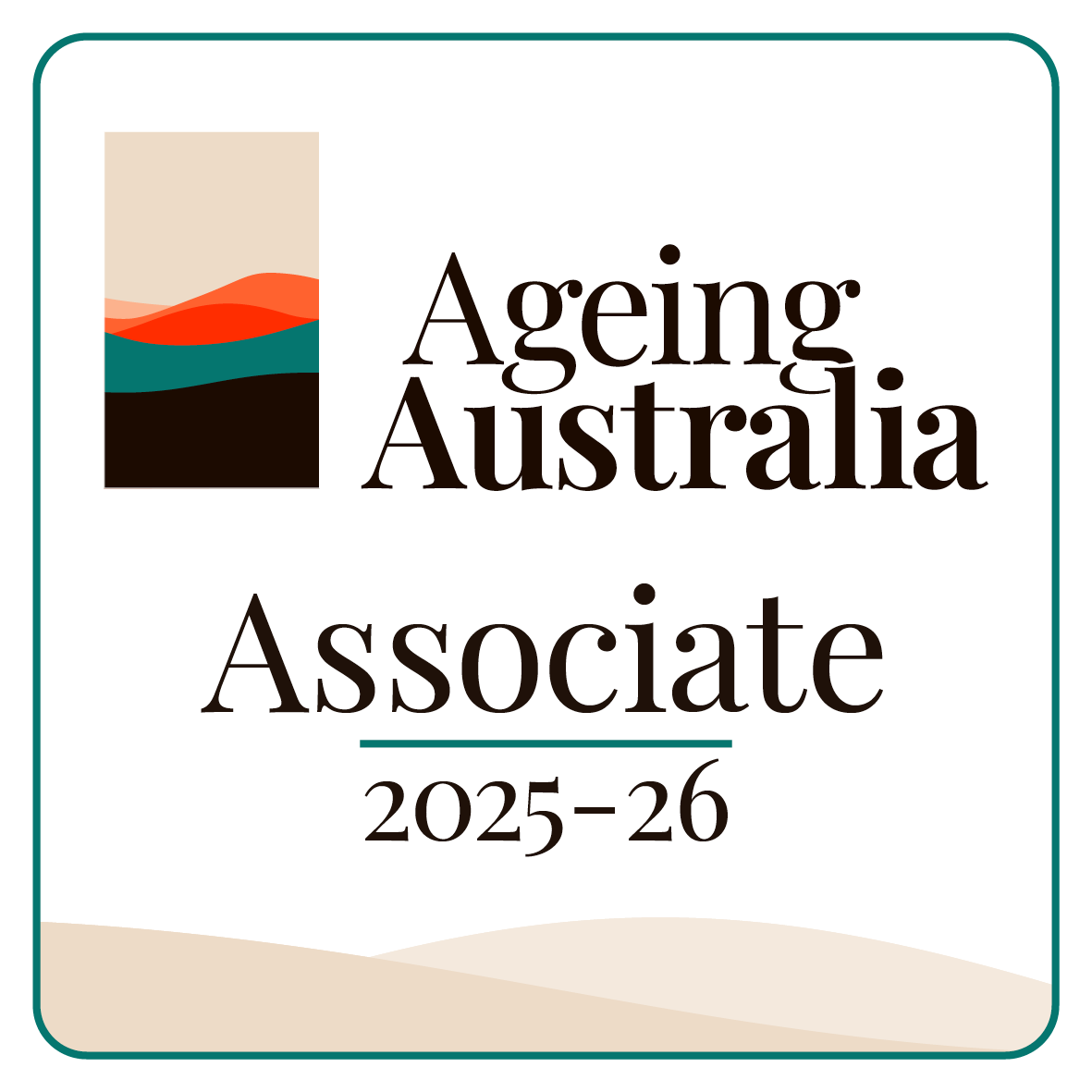Have a Question?
Measles Update: Key Info for Carers Right Now
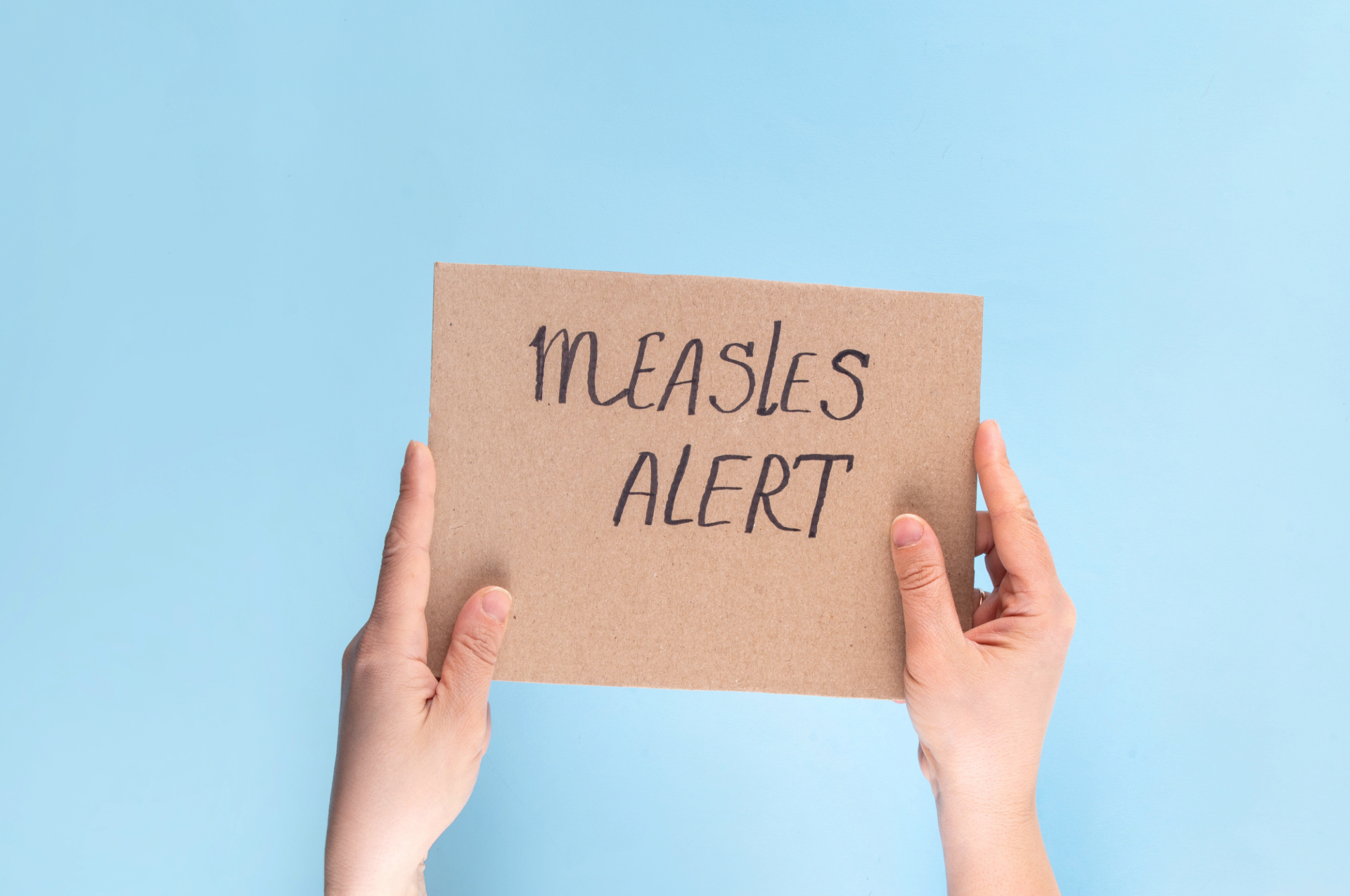
In August 2025, measles re-emerged in Australia, with outbreaks reported in both South Australia and Western Australia, each linked to overseas travel. These cases are a clear reminder that measles, once thought eliminated, can return quickly and spread rapidly.
For aged care providers and carers, this is especially important. Many residents may have uncertain vaccination histories, and older adults face a higher risk of serious complications. Staying alert and prepared is critical to protecting those most vulnerable.
- South Australia: In early August, SA Health issued a measles alert following a confirmed case in a traveller returning from Bali. This was the fourth case in South Australia this year.
- Western Australia: WA Health also issued a measles alert after multiple cases were linked to a Bali travel group.
These outbreaks highlight how quickly measles can be reintroduced into Australia through international travel, and why vigilance is essential in protecting vulnerable populations. While measles was officially eliminated in Australia in 2014, imported cases continue to spark small outbreaks, particularly in settings where vaccination rates are low or immunity is uncertain, such as aged care.
What is Measles?
Measles is a highly infectious viral illness spread through the air when an infected person coughs or sneezes. The virus can linger in the air or on surfaces for hours, making it extremely easy to contract in shared environments like aged care facilities.
A Brief History: Why Measles Still Matters
Before the introduction of the measles vaccine in 1963, major global epidemics occurred every two to three years, resulting in an estimated 2.6 million deaths annually. Measles was one of the leading causes of child mortality worldwide.
Thanks to widespread vaccination programs, Australia eliminated measles in 2014. However, outbreaks still occur when the virus is imported from overseas and spreads in communities with low or uncertain immunity.
Globally, measles remains deadly. In 2023 alone, an estimated 107,500 people died from measles, most of them children under five, despite the availability of a safe and cost-effective vaccine.
This highlights a critical truth: measles hasn’t gone away. Without ongoing vigilance, outbreaks can return, even in highly developed countries.
Recognising the Symptoms of Measles
Symptoms usually appear
10–14 days after exposure and may include:
- High fever (often over 39°C)
- Cough
- Runny nose
- Red, watery eyes (conjunctivitis)
- Tiny white spots inside the mouth (Koplik spots)
- A blotchy red skin rash that
starts on the face and spreads down the body
People are infectious for about 4 days before and after the rash appears.
About the Measles Rash
- Usually appears 3 to 5 days after the fever starts
- Begins behind the ears and on the face, then spreads to the trunk and limbs
- Features flat red spots, often with small raised bumps
- Can merge into larger patches and last 5 to 6 days
- May cause skin flaking as it fades
- Usually
not itchy, but it often causes fatigue and irritability
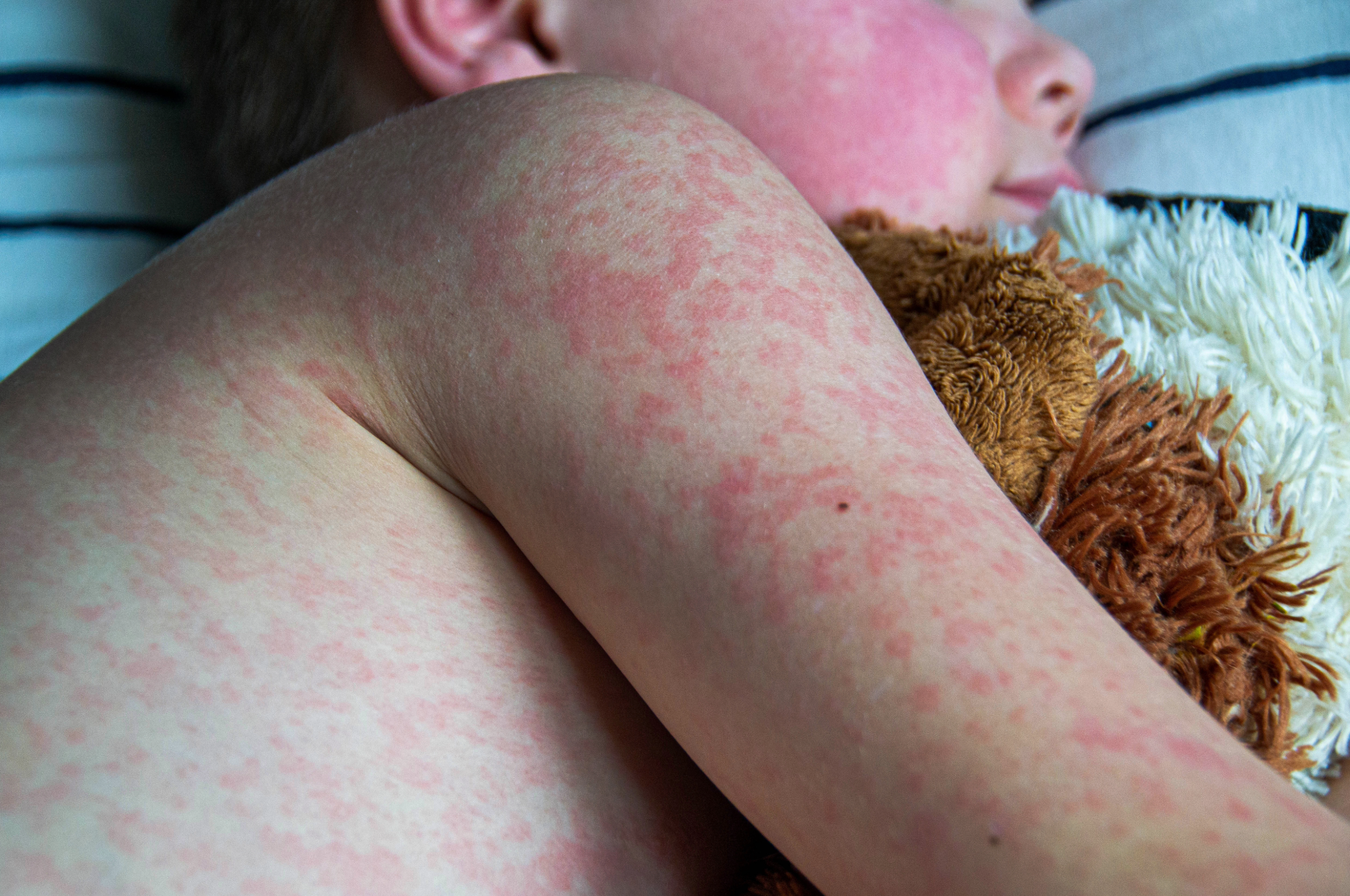
Who’s Most at Risk?
While anyone unvaccinated is at risk, certain groups are especially vulnerable:
- Children under 1 (too young for vaccination)
- Pregnant women
- People with weakened immune systems
- Older adults, especially those in care
- Aged care staff or travellers with uncertain immunisation records
Complications: Why Measles is So Serious
Some people recover without complications, but for many, measles is a
serious illness.
Short-Term Complications:
- Severe dehydration
- Ear infections
- Bronchitis or laryngitis
- Conjunctivitis
- Diarrhoea and vomiting
- Pneumonia (the most common cause of measles-related death)
Serious or Life-Threatening Complications:
- Encephalitis (brain inflammation) — seizures, brain damage
- Sepsis or multi-organ failure
- Death, especially in those with pre-existing conditions
Long-Term Risks:
- Subacute sclerosing panencephalitis (SSPE) — a rare, fatal brain disease that develops years later
- Immune suppression — measles can weaken the immune system for months, leaving the person vulnerable to other infections
For Older Adults:
- Slower recovery and higher risk of complications
- More likely to require hospitalisation
- Existing conditions (e.g., diabetes, heart disease) increase severity
Vaccination: Still Essential for Older Australians
Yes, it’s essential.
MMR vaccination is recommended for:
- Adults born after 1966 without two documented doses
- Carers and aged care staff with uncertain immunisation records
- Residents without confirmed immunity
Vaccination remains the most effective protection. Speak with your GP or check records via the Australian Immunisation Register.
Infection Prevention in Aged Care Settings
Aged care providers and carers play a crucial role in preventing outbreaks. Key steps include:
- Reviewing immunisation records for staff and residents
- Isolating anyone with suspected symptoms
- Educating staff on early symptom recognition
- Avoiding non-essential exposure during active outbreaks
- Using
wearable health tools to detect early changes in wellbeing
Early detection and fast support can prevent serious outcomes
With INS LifeGuard, you’re supported by Australia’s only 24/7 nurse-on-call personal alarm monitoring service, delivering safety, clinical advice, and peace of mind whenever you need it.
- 24/7 nurse access — speak directly to qualified nurses for health advice and emergency response
- Vital sign monitoring — continuous oversight of supported devices, with alerts for abnormal readings or distress
- Emergency HELP button — rapid connection to our nurse response team at the press of a button
INS LifeGuard monitors a wide range of devices, from in-home personal alarms and pendants with fall detection to monitoring smartphones and smartwatches, making the service adaptable to different lifestyles and care needs.
The INS LifeGuardian® App, when paired with a compatible smartwatch, adds premium health monitoring features such as heart rate, oxygen levels, activity tracking, and fall detection.
This makes INS LifeGuard’s support ideal not only for seniors, but also for lone workers, people with chronic conditions, or anyone who values the reassurance of knowing a qualified nurse is keeping an eye on their wellbeing.
To find out more about how we can support you or someone you care for, visit our website or call 1800 636 040 to speak with a friendly team member.
Final Word
Measles is far more than a childhood illness; it’s a serious, sometimes life-threatening disease that can return to Australia at any time through travel. Children, pregnant mothers, older adults, people with chronic conditions, and those in care settings face the greatest risks.
By staying informed, ensuring vaccination, and acting quickly when symptoms appear, carers and aged care providers can help prevent outbreaks.

About
INS LifeGuard is the only 24/7 nurse on-call personal and medical monitoring in Australia. We provide monitoring technology for both in the home and on the go and can also monitor other provider's equipment. Our services are suitable for anyone wanting support to stay independent such as the elderly, those with medical conditions and disabilities plus enhancing safety and security for lone workers.
